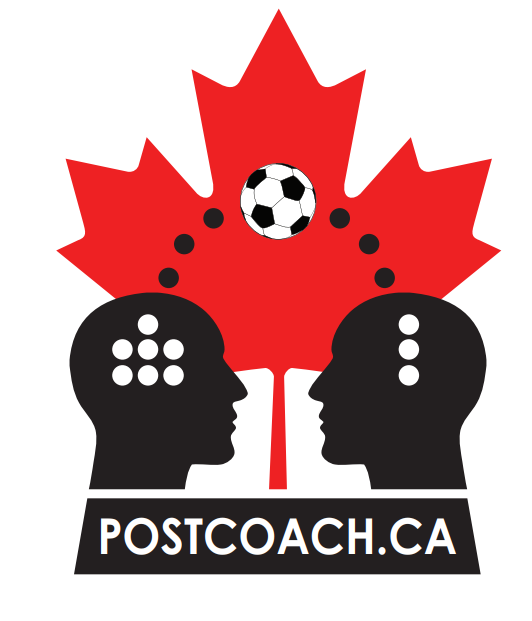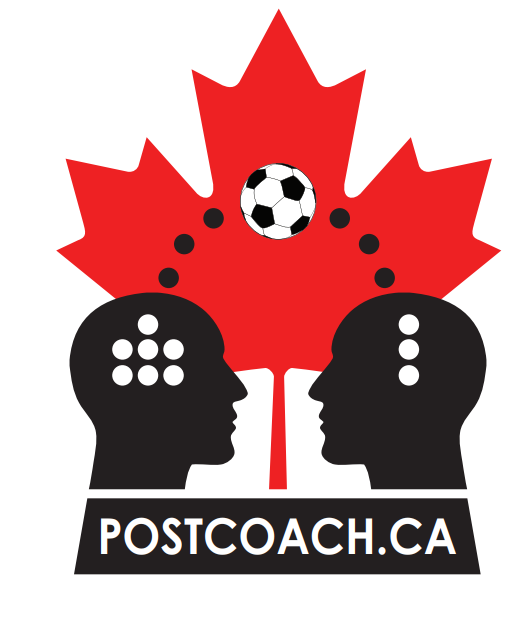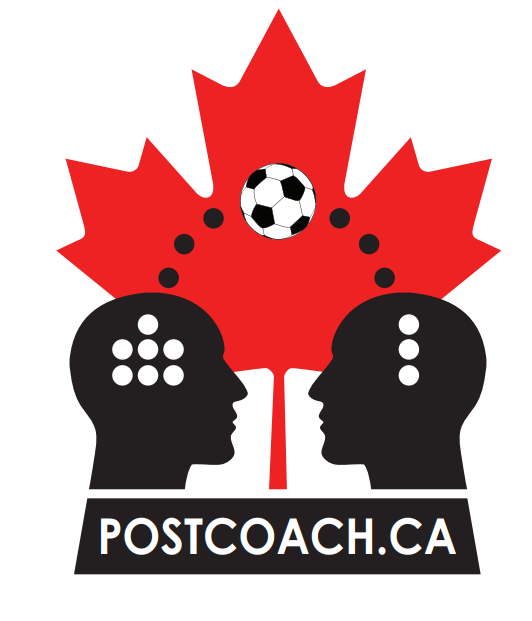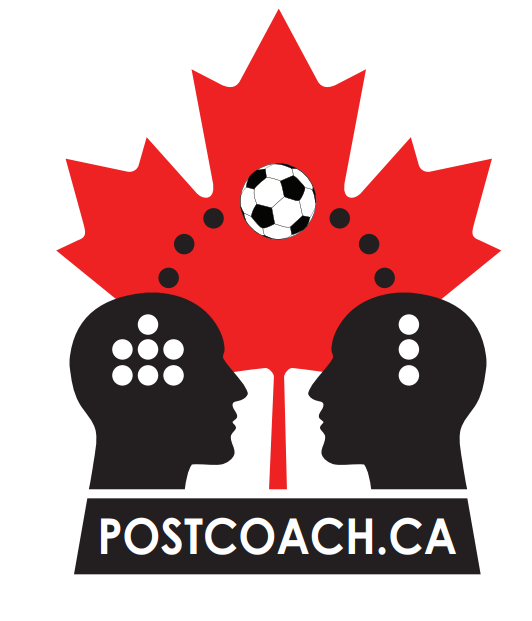Exploring the Impact of Mental Fatigue on Team Sports

In the competitive arena of team sports, the mental aspect is just as essential as physical ability. Athletes and coaches are increasingly recognizing the significant role mental fatigue has in influencing game-day performance. This blog dives into a systematic scoping review that examines the subtle yet impactful role of mental fatigue in team sports. By analyzing various studies, the review provides a comprehensive look at how cognitive tiredness can affect sport-specific motor performance. This exploration is crucial for anyone interested in the deeper dynamics of mental endurance in team sports.
Understanding Mental Fatigue in Sports
Mental fatigue in sports is more than just feeling tired. It’s a complex psychobiological state that arises after prolonged mental activity, especially in environments requiring high cognitive engagement, like team sports. Unlike physical fatigue, which is often marked by muscle weariness, mental fatigue manifests as a general sense of exhaustion, reduced alertness, and a noticeable dip in cognitive performance. It’s particularly pertinent in sports where split-second decisions and strategic thinking are key to success.
In team sports, where unpredictability and rapid decision-making are the norm, the impact of mental fatigue can be significant. It’s not just about losing focus; it’s about how this reduced mental sharpness can translate into tangible performance deficits on the field.
Impact of Mental Fatigue on Sport-Specific Motor Performance (SSMP)
The systematic scoping review in focus meticulously selected and analyzed studies that explore the effects of mental fatigue on sport-specific motor performance in team sports. The review encompassed a diverse range of sports, including soccer, basketball, cricket, and Australian football, offering a broad perspective on the issue.
The findings were revealing. Mental fatigue significantly influenced both physical and technical aspects of performance. For instance, in terms of physical performance, athletes experiencing mental fatigue showed a noticeable decline. This was quantified in activities like intermittent endurance and total distance covered, with reductions ranging from marginal to as much as 10% in some cases.
On the technical side, the impact of mental fatigue was even more pronounced. Skills like passing accuracy, shooting, and ball control saw a decline, with errors increasing by up to 20% in certain studies. This indicates that the cognitive strain doesn’t just slow an athlete down physically; it also diminishes their technical prowess, crucial in high-level competition.
These statistics paint a clear picture: mental fatigue is not just a psychological barrier but a physical and technical one, capable of altering the course of play in team sports.
Physical Performance Impairments due to Mental Fatigue
Diving deeper into the realm of physical performance, the studies highlighted in the review bring to light the tangible effects of mental fatigue on athletes’ physical capabilities. For example, when looking at high-intensity intermittent activities – a staple in many team sports – athletes under the spell of mental fatigue exhibited reduced performance. This was evident in the decreased velocity and total distance covered, with some studies reporting a reduction of about 5% to 10% in these metrics.
In more dynamic and unpredictable settings like small-sided games, the results were less consistent but still indicative of a trend. While some studies didn’t find significant differences in total distances run, others noticed a decline in overall physical activity levels.
This inconsistency could stem from various factors, including the nature of the sport, the athletes’ resilience to mental strain, or the specific conditions of the study. However, the overarching message remains clear: mental fatigue can subtly yet significantly impair physical performance in team sports.
Technical Performance Deterioration under Mental Fatigue
Technical skills in team sports, which include precision tasks like passing, shooting, and dribbling, are crucial for success. The scoping review reveals that mental fatigue markedly impairs these technical abilities. For instance, in soccer, studies noted a decline in passing accuracy and an increase in ball loss, with errors escalating by up to 20% under mental fatigue.
In lab settings, where conditions are more controlled and measurable, the impact of mental fatigue on technical performance was even more evident. Skills measured included penalty time, target accuracy, and point per shot in simulated game scenarios. Athletes experiencing mental fatigue showed a significant decrease in performance in these areas, highlighting that the cognitive burden not only affects physical exertion but also diminishes precision and skill execution.
These findings are critical for coaches and athletes, indicating that mental fatigue can lead to a substantial drop in the technical quality of play, potentially changing the outcome of a match.
Psychophysiological Outcomes of Mental Fatigue
The review sheds light on the psychophysiological outcomes of mental fatigue, which are as diverse as they are impactful. One of the most significant findings is the increase in the Rate of Perceived Exertion (RPE) among mentally fatigued athletes. Studies consistently show that athletes under mental strain report a higher level of effort for the same physical tasks, indicating that mental fatigue makes physical activities feel more challenging.
Interestingly, traditional physiological indicators such as blood glucose and lactate levels were not significantly altered by mental fatigue. This suggests that the impact of mental fatigue is more psychological and cognitive than purely physical.
The review also highlights varying effects on motivation, with some formats of sports activities showing significant reductions in motivation under mental fatigue, particularly in smaller format games. This variation underlines the nuanced ways mental fatigue can influence an athlete’s performance, beyond just physical tiredness.
Such insights are vital for developing strategies to mitigate the effects of mental fatigue, ensuring athletes can maintain their peak performance throughout the game.
Mechanisms Underlying the Impact of Mental Fatigue
Understanding the mechanisms behind mental fatigue’s impact on performance is crucial for developing effective strategies to counteract its effects. The review delves into various theories and models to explain the performance decline in team sports due to mental fatigue.
One key theory suggests that mental fatigue leads to a depletion of cognitive resources, particularly those involved in attention and executive functions. This depletion makes it more challenging for athletes to maintain focus, make quick decisions, and execute complex motor tasks efficiently.
Additionally, the review discusses the role of the Anterior Cingulate Cortex (ACC), a brain region involved in effort monitoring and executive control. Studies have found that mental fatigue can reduce dopamine levels in the ACC, potentially leading to increased perceived effort and decreased movement monitoring. This neurological impact highlights the intricate link between cognitive strain and motor performance.
By understanding these mechanisms, coaches and athletes can tailor their training and recovery processes to better manage cognitive load, ensuring that mental sharpness is maintained throughout competition.
Conclusion
The intricate relationship between mental fatigue and sport-specific motor performance is a critical area of focus in the realm of team sports. This scoping review illuminates how cognitive tiredness not only affects an athlete’s physical endurance and technical skills but also impacts their mental and psychophysiological state, ultimately influencing their overall performance.
Recognizing and addressing mental fatigue is vital for athletes, coaches, and sports scientists. By incorporating strategies that mitigate mental fatigue, such as cognitive training, adequate rest, and tailored recovery protocols, athletes can maintain their mental sharpness, ensuring they perform at their best when it matters most.
As research in this field continues to evolve, it will further our understanding of the complexities of mental fatigue in sports, paving the way for more effective training and performance-enhancement techniques. For now, this review serves as a crucial reminder of the power of the mind in the world of team sports.https://www.linkedin.com/embeds/publishingEmbed.html?articleId=8013877505541607657&li_theme=light
About the Author:

Grant Hayes is the owner of Soma Technologies a leading cognitive performance training platform used and trusted by professional athletes, military and universities around the world.
Soma: Utilized for peer-reviewed research and clinical trials. Trusted by professional athletes, the military, and leading universities worldwide
This post is courtesy of Grant Hayes from December 2, 2023 https://www.linkedin.com/pulse/exploring-impact-mental-fatigue-team-sports-grant-hayes-iudre/?midToken=AQGgWYn8AI_qww&midSig=0EGWm39lw5Kr01&trk=eml-email_series_follow_newsletter_01-newsletter_hero_banner-0-open_on_linkedin_cta&trkEmail=eml-email_series_follow_newsletter_01-newsletter_hero_banner-0-open_on_linkedin_cta-null-r7c44~lpoa10fa~ms-null-null&eid=r7c44-lpoa10fa-ms&otpToken=MTYwMDE4ZTkxMzI3Y2JjMGJlMmYwMmVhNDcxYmU0YjE4ZmNkZDY0MjlhYTY4NTZmNzNjMTA1NmU0ODUzNWZmMmZjOGRiY2I3NzNiMGVhZDk0NmMwNzA5ZmJkZjZlZTY0YTMzNjYzYTExOGY5Zjk1YjkwLDEsMQ%3D%3D.



